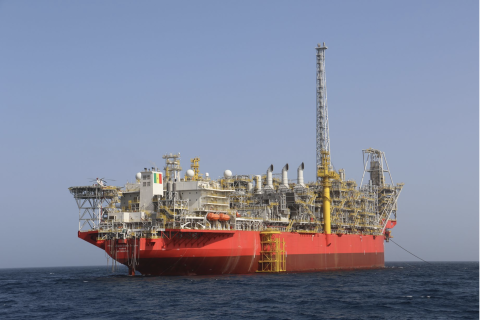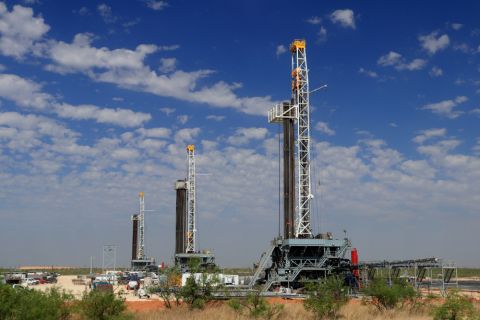A survey of 19 independents indicates that they are hedging a greater percentage of their production in 2003 to take advantage of robust commodity prices. They are locking in floor prices that are higher than in the past. This is a clear signal that producers fear the current high oil and gas prices are not here to stay. "For the first half of this year, E&P companies have protected an average 48% of their overall projected volumes," says Shannon L. Nome, E&P research analyst for JP Morgan Securities in Houston. "For the full year, every company in our coverage has some sort of hedge in place protecting an average 44% of total production." For the full year, the average floor price locked in by the 19 companies is $3.87 per million Btu of gas and $27.19 per barrel of oil. The most widely used vehicle is still the costless collar, where a company sets a floor and ceiling price for its production. But swaps and physical forward sales now account for almost half of total hedged volumes, Nome says. The most heavily gas-hedged companies are Ocean Energy, XTO Energy and Newfield Exploration. The most heavily oil-hedged firms are Ocean, Plains Exploration and Kerr-McGee. Even companies like Apache Corp. and EOG Resources, which have historically shied from hedging even though they have significant gas production, have some gas hedges in place this year. But as Nome points out, Apache's hedging was motivated by two recent acquisitions. Hedging ensures payback of the acquisition price in two or three years. For 2003, JP Morgan is now forecasting $4.35 per million Btu for gas at the Henry Hub and $28.30 per barrel for West Texas Intermediate oil. -Leslie Haines
Recommended Reading
Sangomar FPSO Arrives Offshore Senegal
2024-02-13 - Woodside’s Sangomar Field on track to start production in mid-2024.
NAPE: Chevron’s Chris Powers Talks Traditional Oil, Gas Role in CCUS
2024-02-12 - Policy, innovation and partnership are among the areas needed to help grow the emerging CCUS sector, a Chevron executive said.
CNOOC Makes 100 MMton Oilfield Discovery in Bohai Sea
2024-03-18 - CNOOC said the Qinhuangdao 27-3 oilfield has been tested to produce approximately 742 bbl/d of oil from a single well.
TPH: Lower 48 to Shed Rigs Through 3Q Before Gas Plays Rebound
2024-03-13 - TPH&Co. analysis shows the Permian Basin will lose rigs near term, but as activity in gassy plays ticks up later this year, the Permian may be headed towards muted activity into 2025.
Proven Volumes at Aramco’s Jafurah Field Jump on New Booking Approach
2024-02-27 - Aramco’s addition of 15 Tcf of gas and 2 Bbbl of condensate brings Jafurah’s proven reserves up to 229 Tcf of gas and 75 Bbbl of condensate.





